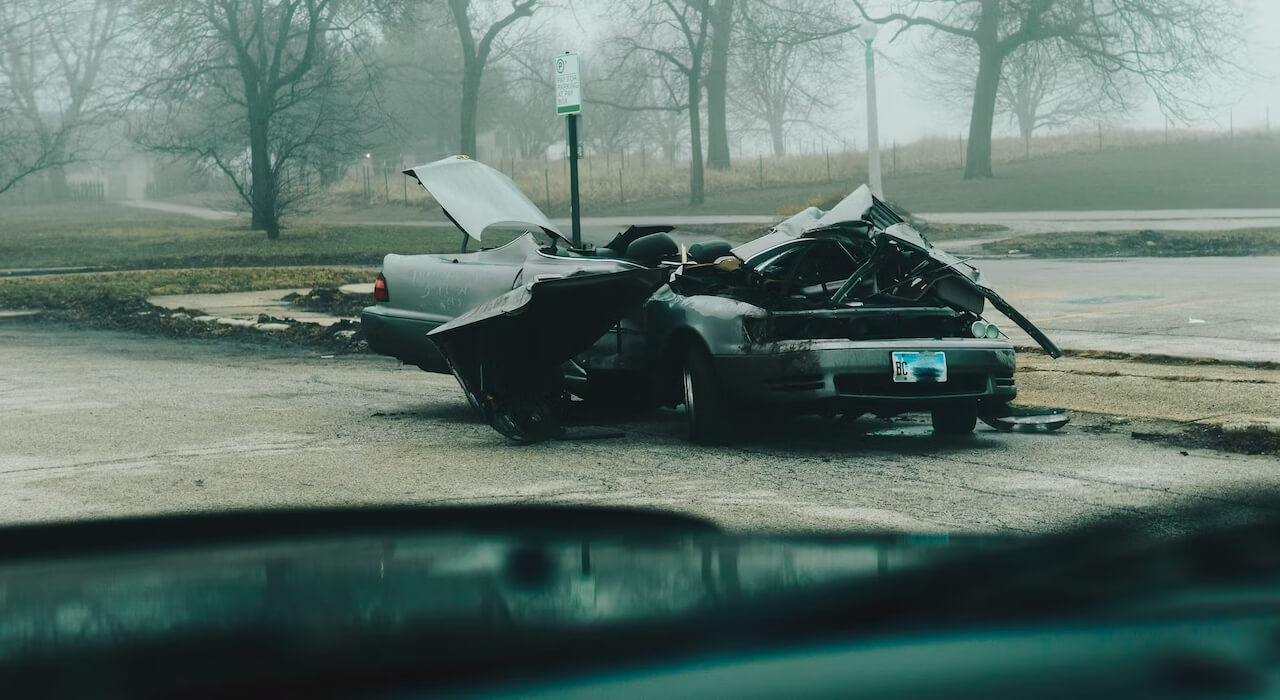Car accidents, whether minor fender-benders or major collisions, can be deeply unsettling. The immediate aftermath can be a whirlwind of emotions, from shock and confusion to relief that it wasn’t worse. However, knowing what to do next is crucial, not only for your safety but also for any potential legal or insurance implications.
1. Ensuring Safety Above All
The first and foremost concern after any accident is safety. Before diving into the logistics or potential blame, it’s essential to check if you or any passengers have sustained injuries. Even if the injuries seem minor, it’s crucial to call 911. Sometimes, the adrenaline rush can mask pain or injury symptoms, so always err on the side of caution.
If you find that you’re in a position to do so and it’s safe, try to move your vehicle out of the flow of traffic. This can prevent further accidents or complications. If moving the car isn’t an option, turning on your hazard lights can alert other drivers to the situation and reduce the risk of additional collisions.
2. The Importance of Police Involvement
No matter how minor the accident might seem, calling the police is a wise decision. An official police report serves as a neutral account of what happened. This report can be invaluable when dealing with insurance companies or if any legal issues arise later on.
When the police arrive, cooperate fully and provide an honest account of the incident. It’s essential to avoid admitting fault or laying blame at this stage, as the determination of fault often involves more than just the statements at the scene.
Suggestion: Most Affordable Cars With Paddle Shifters
3. Exchanging and Gathering Information
After ensuring everyone’s safety and calling the police, the next step is to exchange information with all involved parties. This information should include names, addresses, phone numbers, insurance companies, policy numbers, driver’s license numbers, and license plate numbers. Additionally, make a note of the type, color, and model of the other vehicles involved. This data will be crucial when filing insurance claims or if there’s a need for legal follow-up.
4. Documenting the Scene for Posterity
In today’s digital age, almost everyone has a camera on hand thanks to smartphones. Use this to your advantage by taking photos of the accident scene. Capture images of vehicle damages, license plates, road conditions, traffic signs, and any visible injuries. These photos can provide a clearer picture of the accident’s circumstances and can be invaluable evidence if disputes arise.
Also Check: Best Japanese Sports Cars
If there are any witnesses to the accident, approach them and ask if they’d be willing to provide a statement. Their perspective can offer additional insight into how the accident occurred.
5. Medical Attention: A Non-Negotiable Step
Even if you walk away from the accident feeling fine, it’s imperative to seek medical attention. Some injuries, like whiplash or internal injuries, might not manifest symptoms immediately. By seeing a doctor, you ensure that any potential injuries are diagnosed and treated promptly. Always keep a detailed record of medical visits, treatments, and any prescribed medications.
6. Navigating the Insurance Landscape
Once you’ve taken care of immediate concerns, it’s time to notify your insurance company about the accident. They will guide you on the next steps and inform you about the information they require. Honesty is paramount when dealing with your insurer. Providing false or misleading information can lead to complications, including the denial of a claim.
Also Check: List of 29 Cars That Start With I
7. The Perils of Social Media
In our interconnected world, it’s tempting to share our experiences on social media. However, after an accident, it’s best to keep the details off these platforms. Anything you post can potentially be used against you in legal proceedings or by insurance adjusters.
8. Legal Consultation: Better Safe Than Sorry
If the accident involves significant damages or injuries, or if there’s a dispute about who’s at fault, consulting with a car accident attorney like Bagen Law might be a good idea. They can offer guidance on your rights, potential compensation, and the intricacies of the legal landscape. Learn more from this car accident law firm about how they can help if a car accident disrupts your life.
9. Documentation: Your Best Friend
Throughout the entire process, from the moment the accident happens to its resolution, keep all related documents. This includes police reports, medical records, communication with insurance companies, and any other pertinent information. Having a well-organized file can save you a lot of headaches in the future.
10. Emotional Aftermath: Staying Grounded
Lastly, it’s essential to acknowledge the emotional impact of a car accident. It’s natural to experience a range of emotions, from relief to anger to sadness. However, staying calm and composed can help you navigate the situation more effectively and make better decisions.
In conclusion, while the aftermath of a car accident can be challenging, being prepared and informed about the necessary steps can make the process more manageable. Prioritize safety, gather the necessary information, and always seek professional advice when in doubt.







